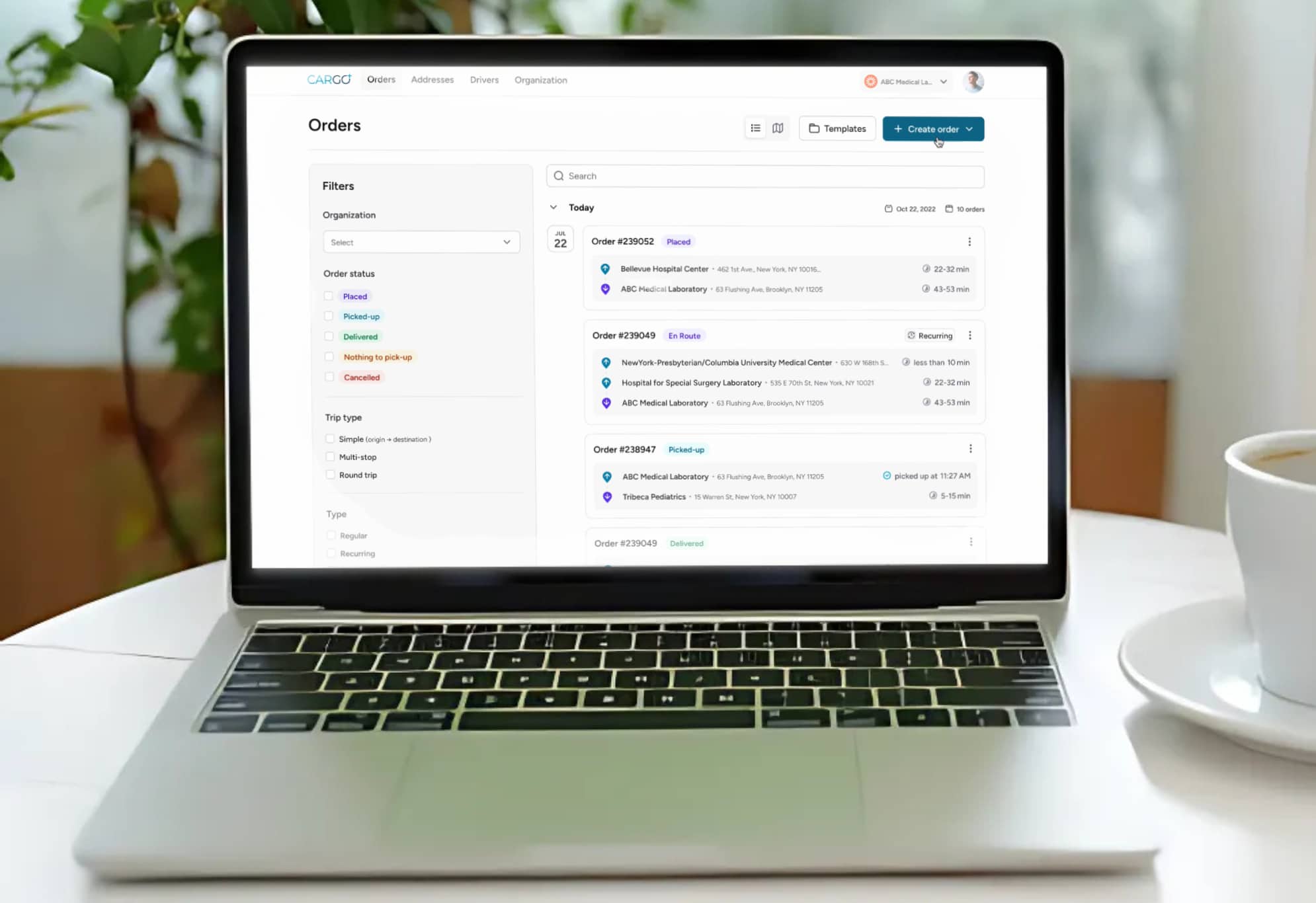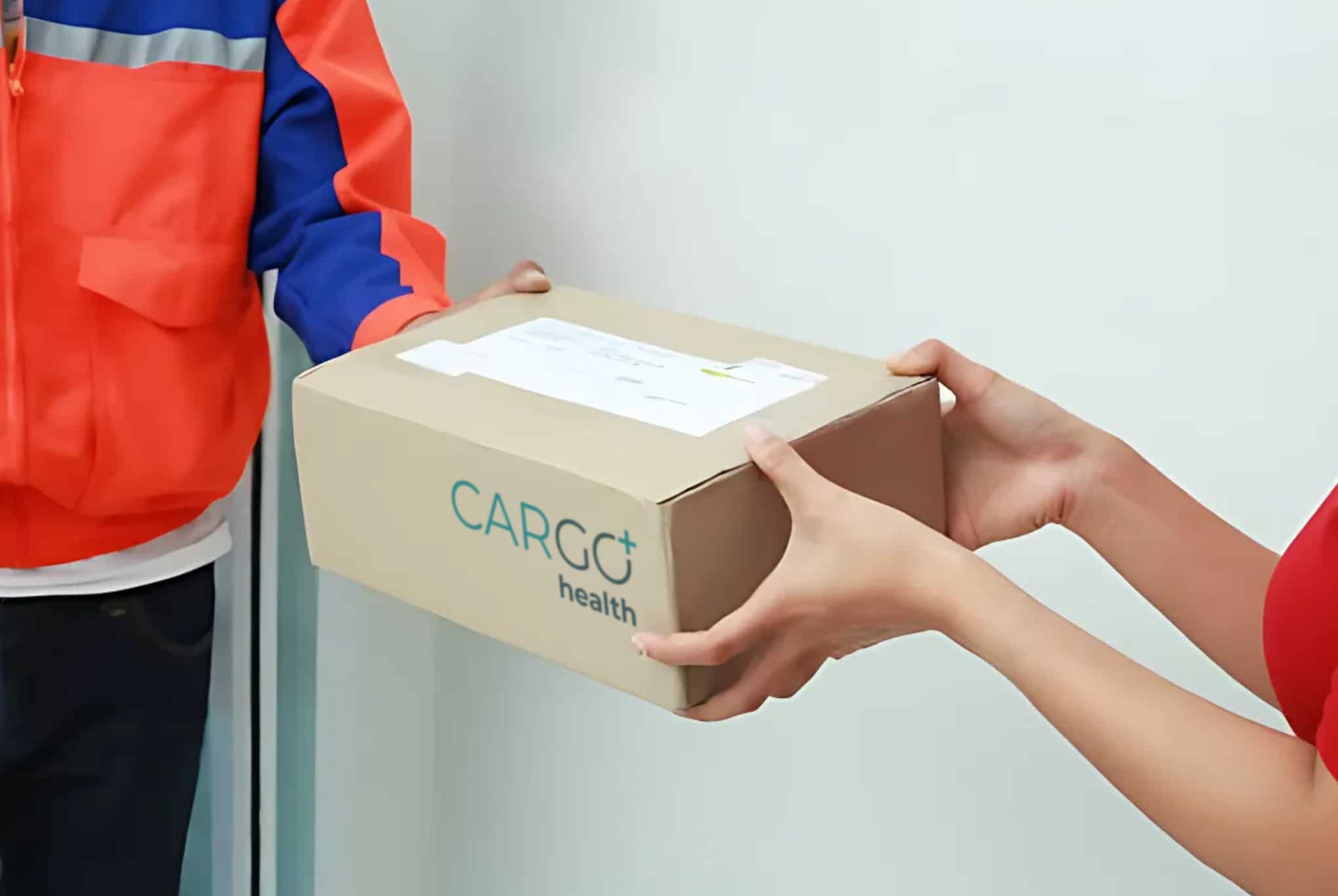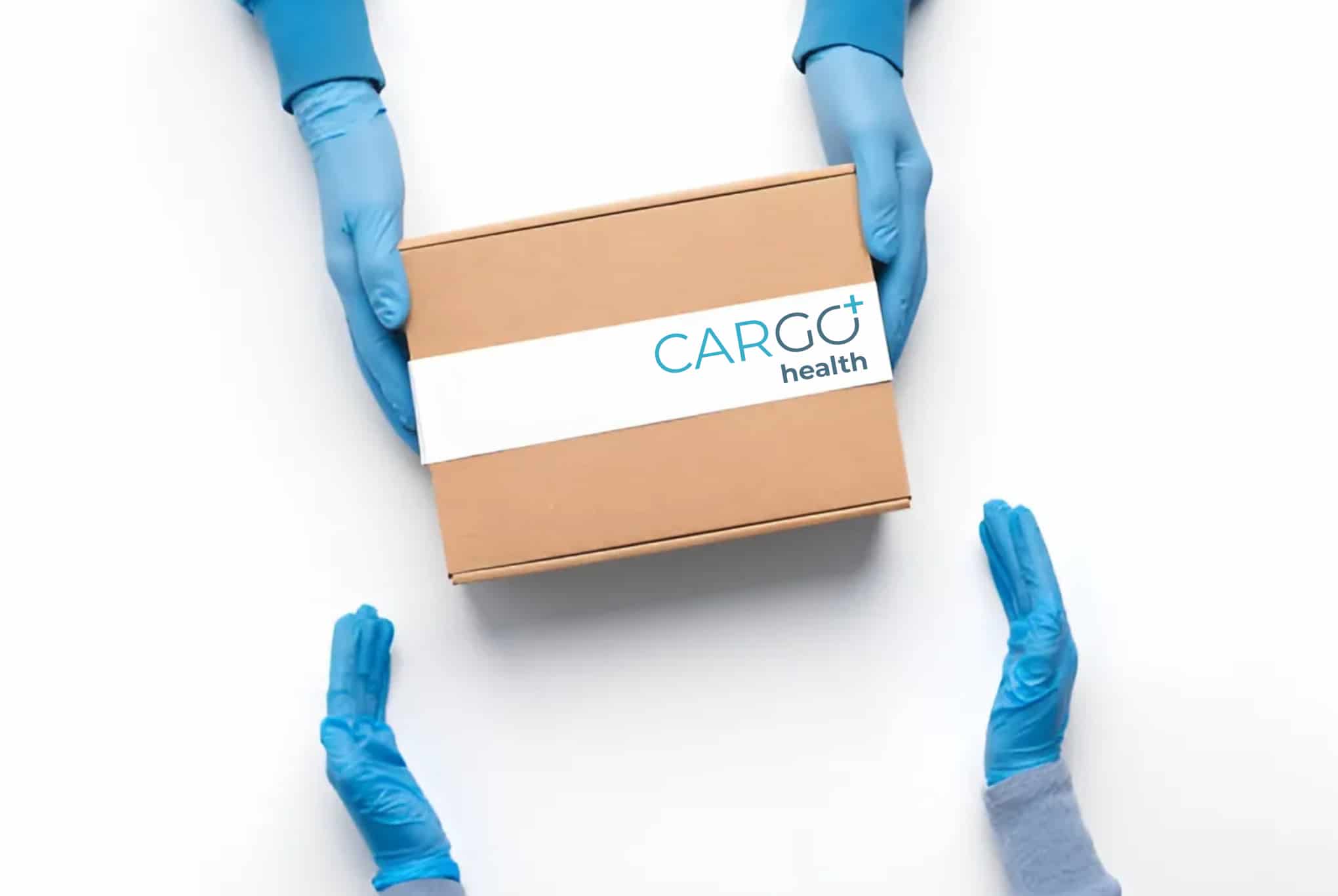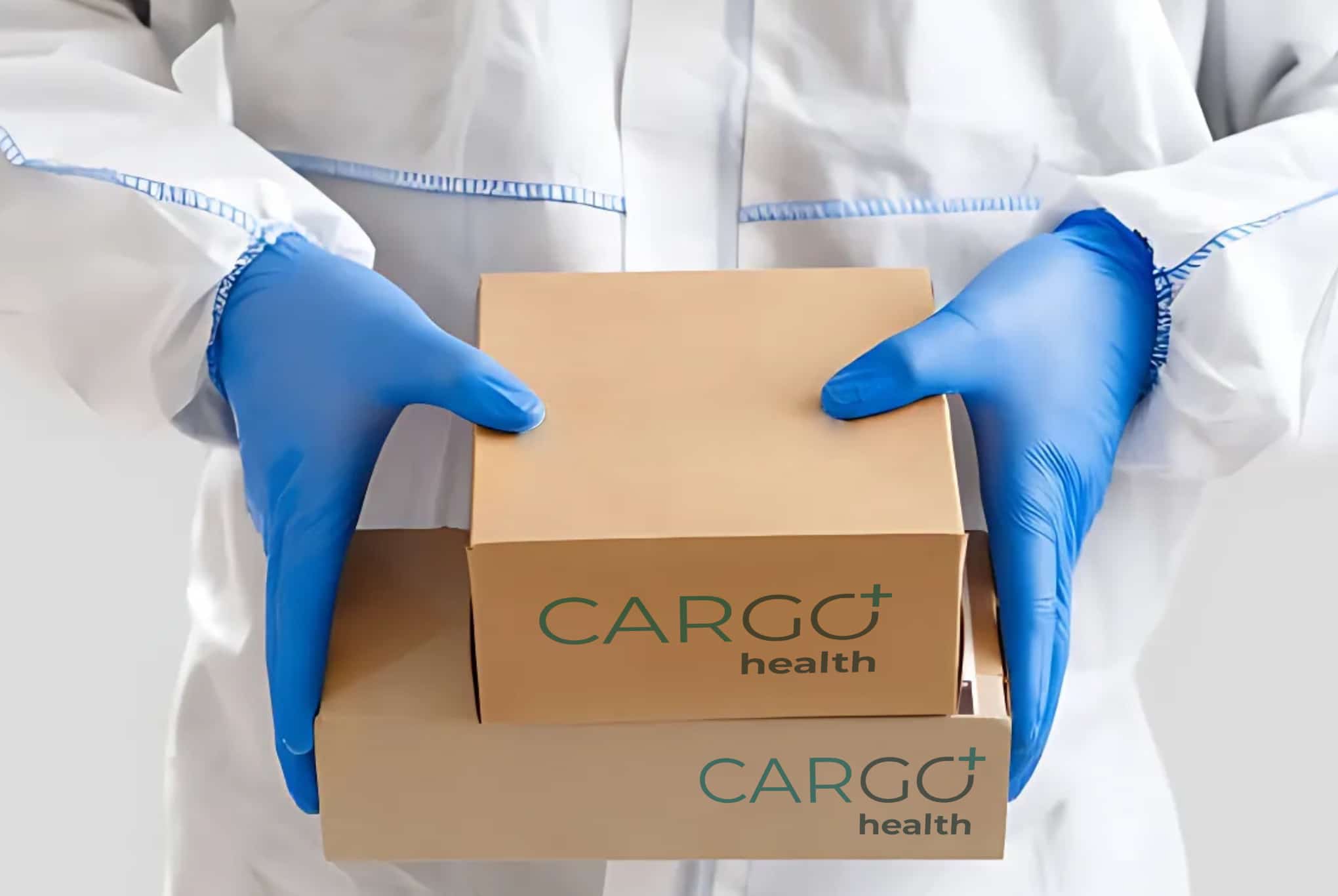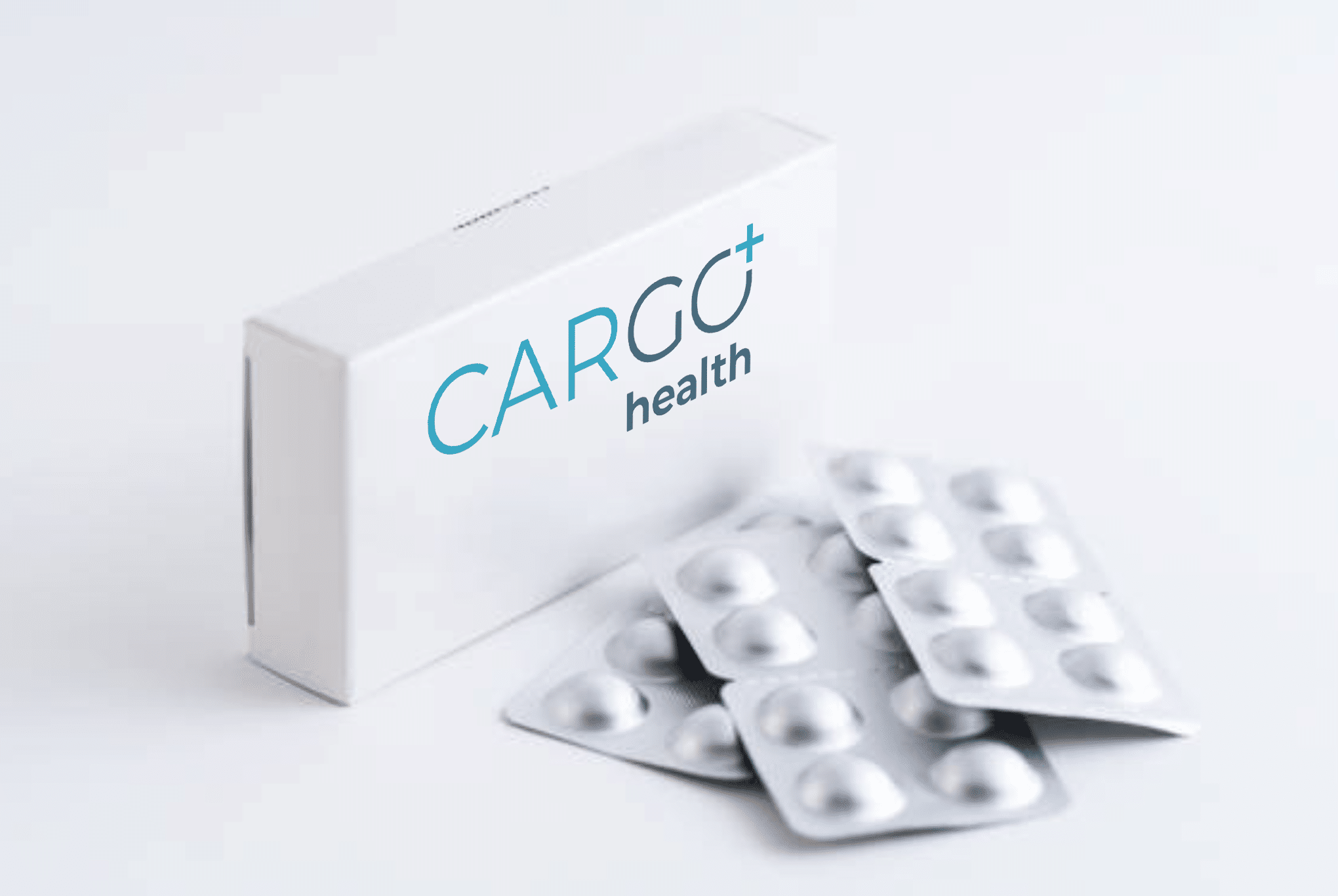Cold Chain Logistics in Healthcare: Challenges, Protocols, and Innovations

Temperature-sensitive medical products, including vaccines, biologics, and specialty pharmaceuticals, require strict handling to maintain efficacy and safety. Cold chain logistics ensures these products remain within prescribed temperature ranges from manufacturing to administration. Given the global distribution of medical supplies, stringent regulatory standards, and the risk of degradation due to temperature excursions, cold chain logistics is a cornerstone of modern healthcare supply chains.

Key Temperature Requirements for Medical Shipments
Pharmaceuticals and biologics have distinct storage and transportation requirements:
- Frozen (-80°C to -60°C): Used for ultra-cold chain products such as mRNA vaccines and certain gene therapies.
- Deep Frozen (-50°C to -15°C): Required for select biologics and plasma-based products.
- Refrigerated (2°C to 8°C): Common for vaccines, insulin, and monoclonal antibodies.
- Controlled Room Temperature (15°C to 25°C): Used for some biologics and oral medications that require stable ambient conditions.
Maintaining these temperature ranges is critical, as deviations can compromise product integrity, rendering medications ineffective or unsafe.
Challenges in Cold Chain Logistics
Cold chain logistics presents multiple challenges, including:
- Temperature Excursions: Variability in storage conditions due to environmental factors, equipment failure, or human error can lead to product spoilage.
- Regulatory Compliance: Compliance with guidelines from the FDA, WHO, and GDP (Good Distribution Practice) adds complexity, requiring validated processes and thorough documentation.
- Supply Chain Visibility: Real-time monitoring and tracking of shipments are essential for mitigating risks associated with temperature fluctuations and potential delays.
- Infrastructure Limitations: Developing regions may lack the necessary cold storage facilities and reliable power supply, affecting vaccine distribution.
- Last-Mile Distribution: Ensuring that temperature-sensitive products reach their final destination intact requires specialized handling, insulated packaging, and contingency planning.
Technological Innovations in Cold Chain Logistics
Advancements in cold chain logistics enhance efficiency and compliance through:
- Real-Time Temperature Monitoring: IoT-enabled sensors provide continuous tracking of temperature and humidity, enabling proactive intervention.
- Phase Change Materials (PCMs): Advanced packaging solutions that maintain precise temperature conditions without the need for active refrigeration.
- Cryogenic Freezers: Used for ultra-low temperature storage of biologics and gene therapies, reducing reliance on dry ice.
- Blockchain for Supply Chain Transparency: Ensures data integrity and traceability of pharmaceutical shipments by creating tamper-proof records.
- Autonomous and Electric Refrigerated Vehicles: Improve energy efficiency and reduce emissions in pharmaceutical transportation.
Regulatory and Compliance Considerations
Pharmaceutical cold chain logistics must adhere to strict regulatory frameworks, including:
- Good Distribution Practice (GDP): Establishes standards for handling, storage, and transportation of medicinal products.
- Good Manufacturing Practice (GMP): Regulates production conditions to ensure product quality.
- World Health Organization (WHO) Guidelines: Provide global standards for vaccine distribution and storage.
- U.S. Food and Drug Administration (FDA) Regulations: Define requirements for pharmaceutical supply chains, including stability testing and temperature control protocols.
Non-compliance can result in regulatory penalties, loss of product integrity, and disruptions in supply chains, emphasizing the need for rigorous adherence to these guidelines.
Best Practices for Efficient Cold Chain Management
To mitigate risks and ensure product integrity, companies should implement:
- Validated Packaging Solutions: Using thermal-insulated shippers and PCM technology to maintain consistent temperatures.
- Cold Chain Risk Assessments: Identifying vulnerabilities in supply routes and implementing contingency measures.
- Standard Operating Procedures (SOPs): Establishing clear protocols for handling, storage, and emergency response.
- Regular Calibration and Maintenance: Ensuring refrigeration units and monitoring devices function optimally.
- Training and Certification: Equipping personnel with knowledge of regulatory compliance and best handling practices.
Final Thoughts
Cold chain logistics is an essential component of healthcare supply chains, ensuring the safe and effective distribution of temperature-sensitive pharmaceuticals. As the industry advances, integrating smart technologies, enhancing regulatory compliance, and refining risk mitigation strategies will be key to improving efficiency and reliability.
